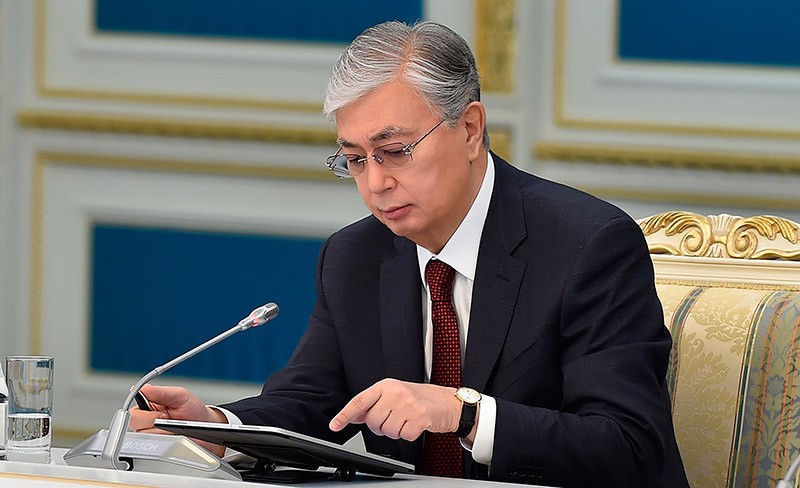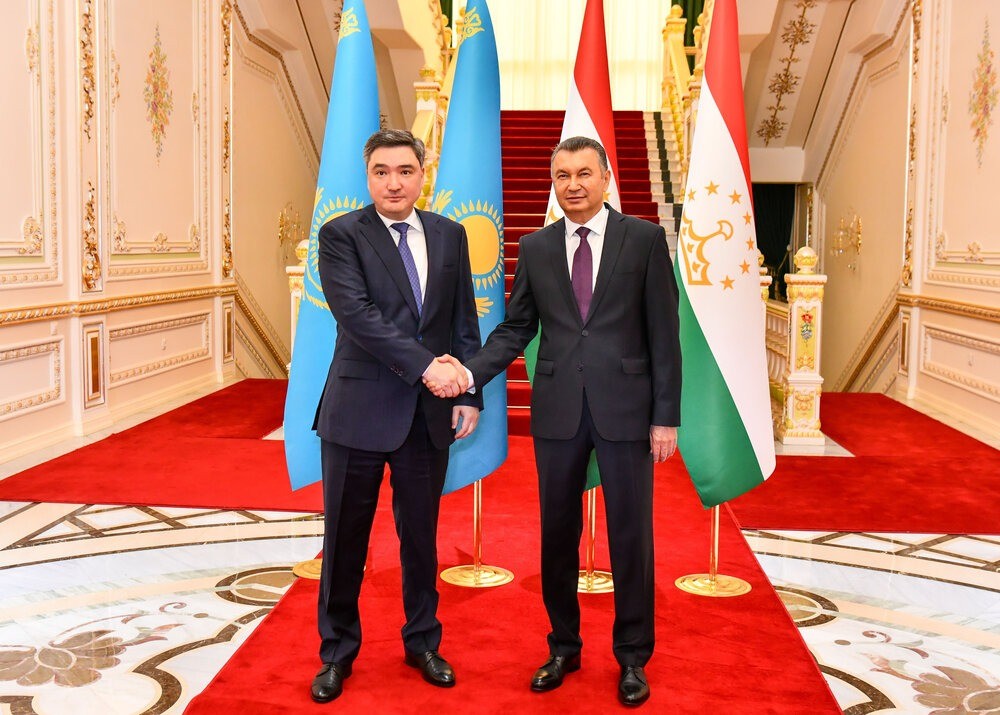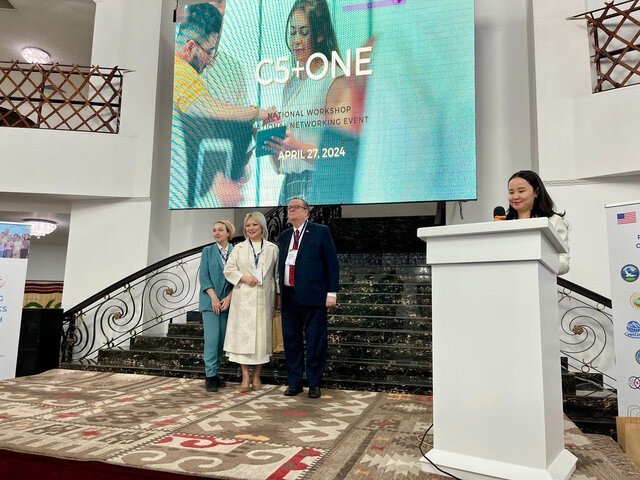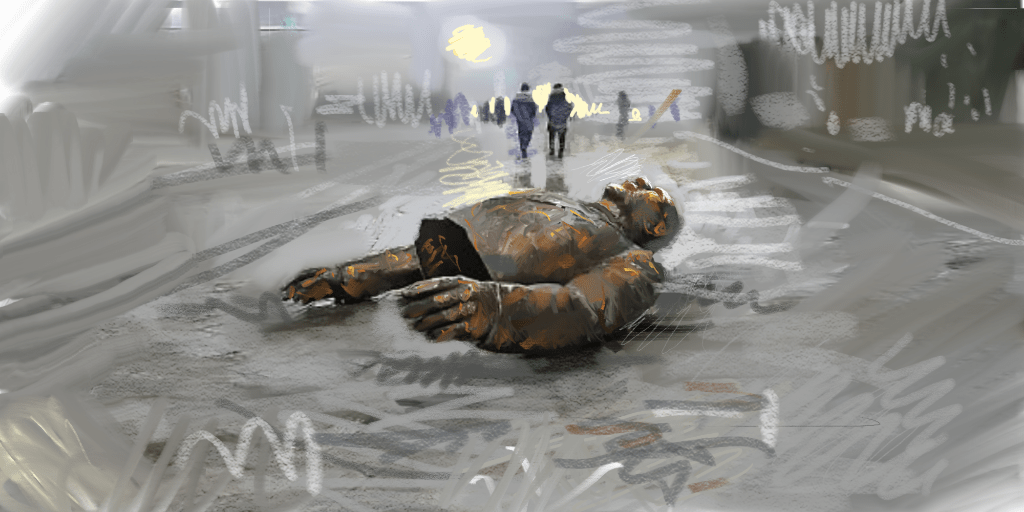British Foreign Minister David Cameron's grand tour of Central Asia last month was an attempt to remind those of us in Central Asia about investment and sanctions, Kazakhstani economist Aidarkhan Kusainov has told The Times of Central Asia. Over several days in late April, Cameron visited the five countries of Central Asia, demonstrating the UK's intentions to participate in developing economic ties with the region. The visit was closely monitored by the international media, which said Britain's main motive was to reiterate its interests. In the countries chosen by the head of the UK Foreign Office for the tour, the interest in his visit was not so acute. Cameron himself assured them that he was not going to force the leaders to choose between Russia and China on the one hand and the West on the other. However, experts believe that the geopolitical component was still present, as the war in Ukraine has sharply increased attention to the region -- and not only on the part of British leadership. "We are not saying to Kazakhstan or any other country that you have to make a choice, or that we are asking you not to choose to partner and trade with Russia or with China or with anyone else. We are here because we believe that you should be able to choose to partner with us in a way that reflects positively on both our common security and our common prosperity," Cameron said before meeting with Kazakh Foreign Minister Murat Nurtleu. The British Foreign Secretary made a similar statement during his visit to Kyrgyzstan. Following a trip to Kazakhstan, where Cameron also met with President Kassym-Jomart Tokayev, it was stated that economic cooperation between the two countries has great prospects. In addition, it's worth noting that bilateral trade turnover between Britain and Kazakhstan exceeds the total bilateral turnover of all other countries in the region. Furthermore, Cameron commented on British mining companies' interest in Kazakhstan. "I think we can still do a lot more in the sphere of small business. We talked about how to remove bureaucracy and barriers for small- and medium-sized businesses to settle and work here. And I think in all areas, whether it's education, whether it's the economy, whether it's energy, whether it's climate change, there's a whole range of things that we can do in partnership. And I want that to happen next year, in the coming years," he said. For his part, Kazakh Foreign Minister Murat Nurtleu noted the special role of the UK in Air Astana's recent IPO and the creation of the Astana International Financial Center. "Given the recently adopted in London roadmap on fossil minerals, we considered the possibility of implementing advanced projects in the field of important raw materials, development of the Trans-Caspian International Transport Corridor and green energy. We agreed to work together to overcome global challenges, including the fight against climate change, environmental protection and effective management of water resources. We reaffirmed our interest in expanding trade and investment...






